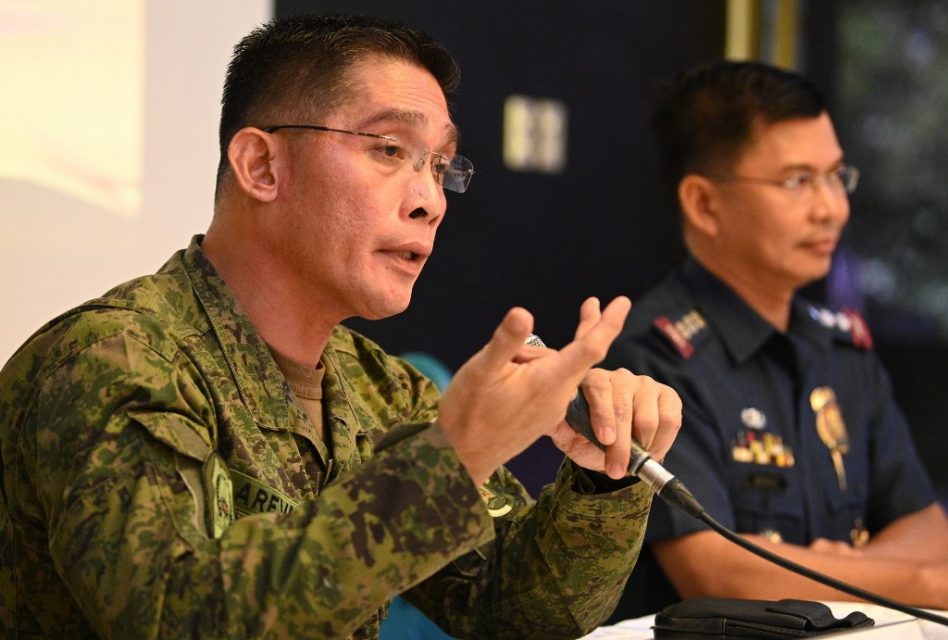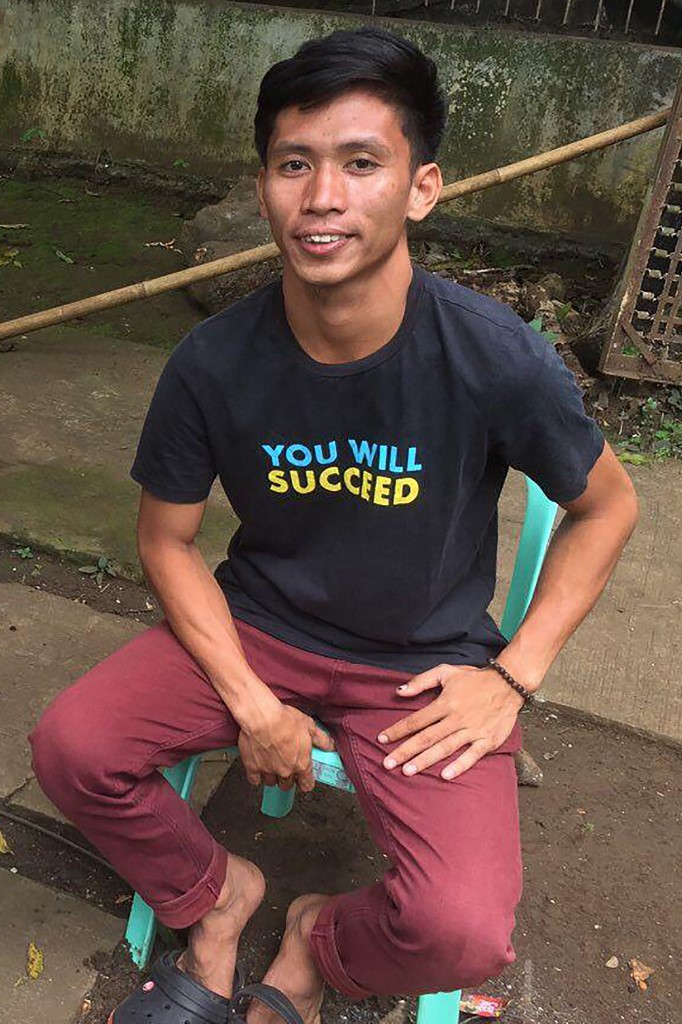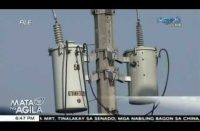
MANILA, Philippines (AFP) — Philippine security forces confirmed Wednesday that at least one Filipino “suicide bomber” was behind a deadly attack last month, in a first for the Asian country.
Norman Lasuca and one other yet to be identified suspect blew themselves up outside a military camp on the remote southern island of Jolo on June 28 in an attack that also killed three soldiers and two civilians, the police and military said.
“We can now confirm… the incidence of the first suicide bombing in the Philippines, perpetrated by a Filipino in the person of Norman Lasuca,” military spokesman Brigadier General Edgard Arevalo told a news conference.

The Jolo bombing marks a worrying escalation of militancy driven by the influence of the Islamic State group in Southeast Asia, security experts earlier told AFP.
A decades-old Islamist insurgency in the southern Philippines has killed tens of thousands.
But suicide attacks have been used extremely rarely, with foreign fighters blamed for the few that have been carried out.
National police spokesman Bernard Banac described last month’s bombing as “a locally initiated attack organised by the Abu Sayyaf group”, a Jolo-based gang of militants engaged in kidnappings and bombings.
“The report as claimed by ISIS that they are the ones responsible for this is still up to validation and that remains to be seen,” he told reporters, referring to IS by an alternative name.
Philippine authorities said the two suspected Jolo bombers’ remains were tested for DNA, and one matched that of Lasuca’s mother and brother, who are both Tausugs, the predominant Muslim ethnic group in Jolo.
Experts are still attempting to identify the second bomber, Banac said.
“Before, we only heard of IED (improvised explosive device) attacks, remote-controlled attacks but this time an individual blew himself up as a full-fledged suicide bomber,” Arevalo said.
“We (security forces) will have adjustments in techniques, tactics and procedures given this development,” he said.
“We consider this to be an isolated case,” he added.
However, he acknowledged that “the security environment in our country has changed” and civilians should help the security forces combat the new threat.
They must ensure prospective recruits “won’t be radicalised by terrorist groups (who are) only waiting for the right time and individual to bring to the road of extremism,” he said.
Arevalo said Lasuca’s mother described the son, in his early twenties, as a former “battered” child who endured beatings meted out by his father.
© Agence France-Presse





